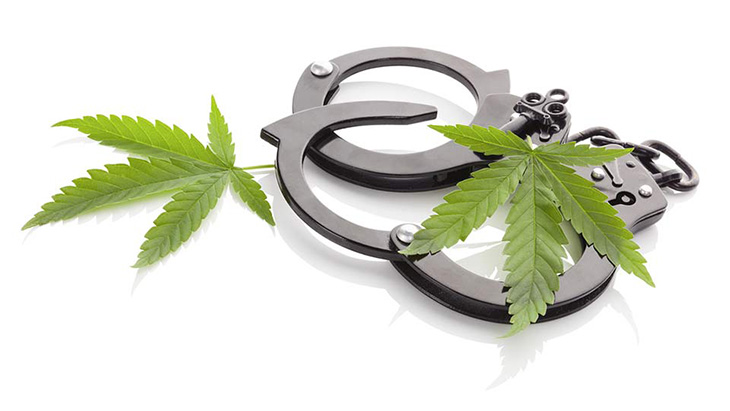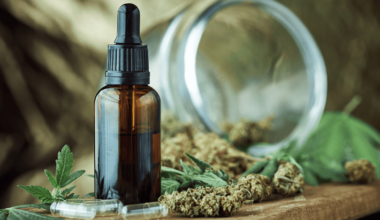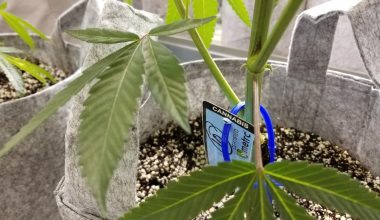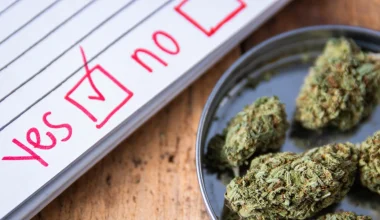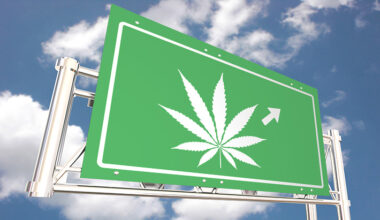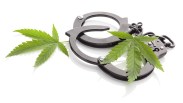
The estimated number of persons arrested in the United States for violating marijuana laws declined precipitously in 2020, according to data released today by the US Federal Bureau of Investigation. Nonetheless, several hundred thousand Americans continue to be arrested on marijuana-related charges, primarily in states where possession of the plant remains criminally outlawed.
According to the FBI’s Uniform Crime Report, police made an estimated 350,150 arrests for marijuana-related violations in 2020. (This total is calculated by multiplying the total percentage of marijuana arrests by region with the total number of estimated drug abuse violations [Table 29.]) This total is a 36 percent decrease from 2019 totals when police made an estimated 545,602 marijuana-related arrests. Not since the early 1990s, has the FBI reported so few marijuana-related arrests in a single year.
“As more states move toward the sensible policy of legalizing and regulating cannabis, we are seeing a decline in the arrest of non-violent marijuana consumers nationwide,” NORML Executive Director Erik Altieri said.
He added: “The fight for legalization is a fight for justice. While these numbers represent a historic decline in arrests, even one person being put into handcuffs for the simple possession of marijuana is too many.”
Of those arrested for cannabis-related activities, some 91 percent (317,793) were arrested for marijuana possession offenses only.
Overall, marijuana arrests are down almost 50 percent from their peak in 2008, when police made over 800,000 marijuana-related arrests. Since 2012, 18 states and Washington, DC have enacted laws legalizing the possession of small amounts of cannabis by adults. Marijuana arrests represented 30.3 percent of all drug-related arrests.
According to the FBI, marijuana-related arrests were least likely to occur in western states — most of which have legalized the possession of the substance — and were most prevalent in the northeast, where they constituted an estimated 50 percent of all drug arrests. This will likely change going forward, as several northeastern states, including Connecticut, New Jersey, and New York have all legalized their marijuana markets in recent months.
Related
Medical Disclaimer:
The information provided in these blog posts is intended for general informational and educational purposes only. It is not a substitute for professional medical advice, diagnosis, or treatment. Always seek the advice of your physician or other qualified healthcare provider with any questions you may have regarding a medical condition. The use of any information provided in these blog posts is solely at your own risk. The authors and the website do not recommend or endorse any specific products, treatments, or procedures mentioned. Reliance on any information in these blog posts is solely at your own discretion.
